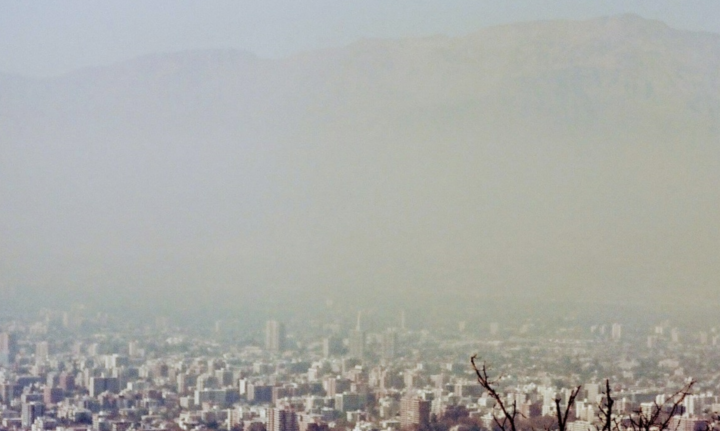Following the resurgence of mpox, in parts of Africa, the Africa Centres for Disease Control and Prevention (Africa CDC) has officially declared the outbreak a Public Health Emergency of Continental Security (PHECS).
Africa CDC made the declaration on Tuesday, 13th August 2024, stating that the decision was reached after wide consultations with stakeholders and groups.
Join our WhatsApp ChannelThe centre said this is the first time it is making such declaration since it was set up in 2017 and called on various stakeholders and international partners to mobilise resources and support in combating the disease outbreak.
Prime Business Africa had reported that the agency may declare Mpox a public health emergency as the disease spreads across the continent.
“The declaration will enable the mobilisation of resources across affected countries, unlocking essential funding, strengthening Risk Communication and Community Engagement (RCCE), boosting surveillance and laboratory testing efforts, and enhancing human resource capacities to respond effectively to Mpox through a One Health approach,” the centre said in a statement released on Tuesday.
Africa CDC Director General, Dr. Jean Kaseya, said the declaration of mpox outbreak as a public health emergency will help to mobilise institutions, collective will, and resources to “act swiftly and decisively, in combating the scourge. “This empowers us to forge new partnerships, strengthen our health systems, educate our communities, and deliver life-saving interventions where they are needed most,” Dr Kaseya emphasised, adding that there is no need for travel restrictions for now.
According to the centre, there are 2,863 cases and 517 deaths related to Mpox outbreaks reported so far in 2024 in at least 13 African countries, including previously unaffected nations like Burundi, Kenya, Rwanda, and Uganda, with the Democratic Republic of Congo being the most hit.
READ ALSO: Nigeria Introduces New Health Checks For Travellers As Mpox Spreads
It further stated that suspected cases across the continent have surged past 17,000, a significant increase from 7,146 cases in 2022 and 14,957 cases in 2023. “This is just the tip of the iceberg when we consider the many weaknesses in surveillance, laboratory testing and contact tracing,” statement added.
Dr. Kaseya , who stressed that the continental health demands collective action, pointed out that Article 3, Paragraph F of the Africa CDC Statutes mandates the agency “to lead and coordinate the response when there is a declaration of a public health emergency of international concern.”
Prime Business Africa recalls that between May 2022 and July 2023, the World Health Organisation (WHO) had declared Mpox a Public Health Emergency of International Concern (PHEIC).
Recalling how Africa was ignored when the global cases began to drop, while there was still escalating numbers in the continent, Kaseya called for a different approach this time.
He appealed to international partners to this time, “act differently and collaborate closely with Africa CDC to provide the necessary support to our Member States.”
“We call on you to stand with us in this critical hour. Africa has long been on the frontlines in the fight against infectious diseases, often with limited resources. The battle against Mpox demands a global response. We need your support, expertise, and solidarity. The world cannot afford to turn a blind eye to this crisis,” Kaseya further appealed.
What is Mpox?
Mpox is a viral illness caused by the monkeypox virus. According to the WHO, the virus has two distinct clades – Clade I and Clade II.
The common symptoms include a skin rash or mucosal lesions lasting 2–4 weeks, fever, headache, muscle aches, back pain, low energy, and swollen lymph nodes.
The virus can be transmitted to humans through physical contact with an infectious person, contaminated materials, or infected animals.
Victor Ezeja is a passionate journalist with six years of experience writing on economy, politics and energy. He holds a Masters degree in Mass Communication.



















Follow Us